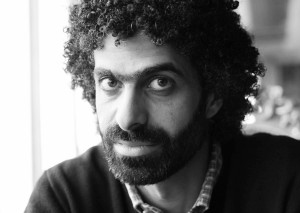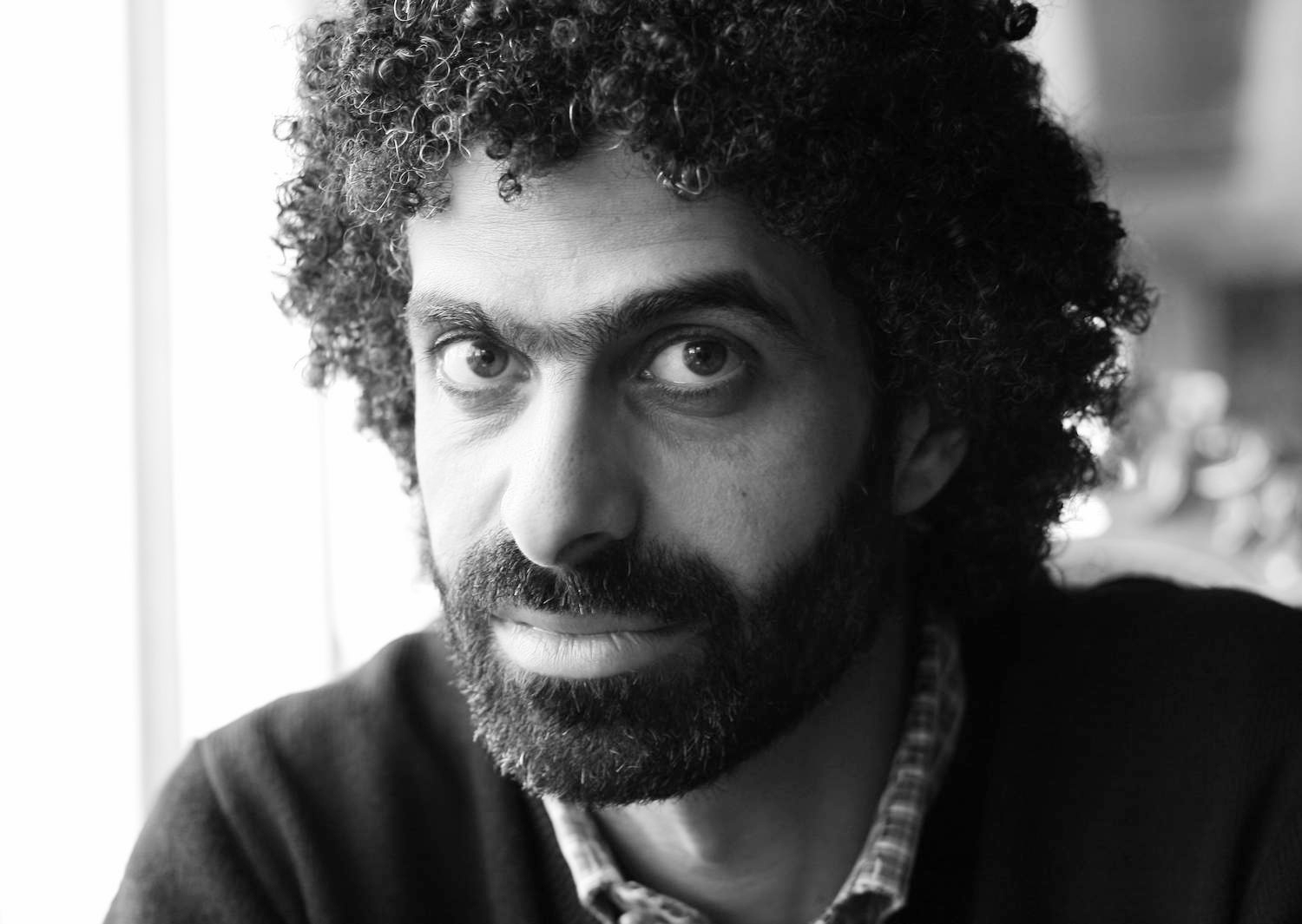
Since the launch of the Tamarod campaign about two months ago, the term “civil war” has been used frequently by both mainstream and social media, the political elite and various other segments of society.
I’ve been wondering if this was a natural overreaction by a society that has a history of rejecting internal violence, where any clash between two groups is considered a “social horror”. Or perhaps murmurings of civil war are a deliberate scare tactic?
A few days ago I was invited to a small high profile media gathering, where a senior journalist in a leading position at a state-run news outlet was present. He was keen on forcing conversation towards what might happen on 30 June, and whether people would march to the presidential palace. He finally managed to get everyone’s attention, as he obviously had a point he wanted to impose on those present.
He started as most brotherhood supporters would, saying: “First, I have to make it clear that I am not a member of the Muslim Brotherhood, but I am in support of the current government although I don’t like it. I am in support of legitimacy.” After concluding this monologue he switched tone, urging sharply: “If people march to the presidential palace, it will be the beginning of a civil war.”
Of course he caught everyone’s attention and the likelihood of civil war in Egypt “successfully” consumed much of the ensuing conversation. Mission accomplished in eyes of this state-run media figure, or this is what he thought.
Actually, zooming out and considering the use of the term civil war in the broader context of the overall media scene is rather revealing. The term has been dropped casually since the 18-day uprising in 25 January 2011, but was never properly utilized.
Through my observations, I claim that the intense use of ‘civil war’ as a scare tactic in the past couple of months following the launch of Tamarod campaign was initiated by senior figures in the Muslim Brotherhood who began to introduce it into popular discourse.
The Brotherhood’s so-called electronic committees have also played a significant role in propagating the term in social media and in the comment section of almost every online article dealing with the Tamarod campaign. An efficient tactic that the Brotherhood inherited from Hosni Mubarak’s National Democratic Party before its collapse.
Naively, many revolutionary and opposition figures took the bait and responded using the same language. Basil Adel, a leading figure at Al-Dostour opposition party tweeted saying: “30 June is the protests’ day for anti-Brotherhood groups. However, if other directed groups stand against the protesters, they will have to bear the mistake of igniting a civil war, which will lead the country into a dark tunnel.”
United States Secretary of State John Kerry used the same term in April, praising the Egyptian Army that “protected Egypt from a civil war”, which is not directly relevant to this article’s argument, but worth mentioning to show how the term is blindly used across Egyptian borders.
The Salafis, currently not on good terms with the Brotherhood, have followed the rest of the opposition in taking the bait. They had to choose between either going with the flow of withdrawing confidence in Morsi, who they don’t really favour, or support the Brotherhood’s Islamist project. They settled on the latter and directed a fiery and threatening tirade against the non-Islamist opposition, accusing them of treason and calling people to march against Tamarod protesters on the same day.
This whole dialogue was initially, I assume, directed at the Couch Party, a term used since the beginning of the revolution to describe the large segment of society that fears change and argues – from the couch – for stability, even if it is artificial. Surprisingly, this might be the first time that these passive groups have declared their willingness to leave their couches and join marches against Morsi. Apparently, post-Mubarak political developments have not convinced them that Islamist rule will bring stability, which was initially their main concern at election time.
Is the Couch Party also concerned that civil war might break out on 30 June?
Well, according to Nicholas and Peter Onuf in their book, Nations, Markets, and War: Modern History and the American Civil War: “A civil war is a war between organized groups within the same nation state or republic, or, less commonly, between two countries created from a formerly united nation state.”
Consider examples like the American civil war, the Sudanese civil war or the Syrian revolution, which has devolved into one thanks to the slow reaction of the international community. Egypt is obviously extremely far from such cases.
Without getting into academic debating, there are not two “organised groups” in Egypt. There’s only one group: the Muslim Brotherhood or maybe the Islamists on the one hand, but currently there is no other hand. It is just the people. And the people are masses that are far from self-identifying as an organised group. So, a civil war looks to be an impossibility, given the political, cultural and social factors. The term civil war is being used as a scare tactic by the Brotherhood and naively and irresponsibly parroted by others.
I’m not guaranteeing that 30 June will remain peaceful. Actually, I believe that “the absolute nonviolence” label attached to the January 25 Revolution is a myth. It was violent, and violence played an important role in bringing down Mubarak. However, it was a reaction to the regime’s organised violence and it was kept to a minimum.
Given the current heated and aggressive public discourse, I think the prospects of a peaceful day on 30 June are under threat. And if violence occurs, I would blame the Brotherhood and their well-organised but unthinking followers. But rationally speaking, even if clashes do occur, they still won’t turn into civil war, simply because the country lacks the precursor for one.


